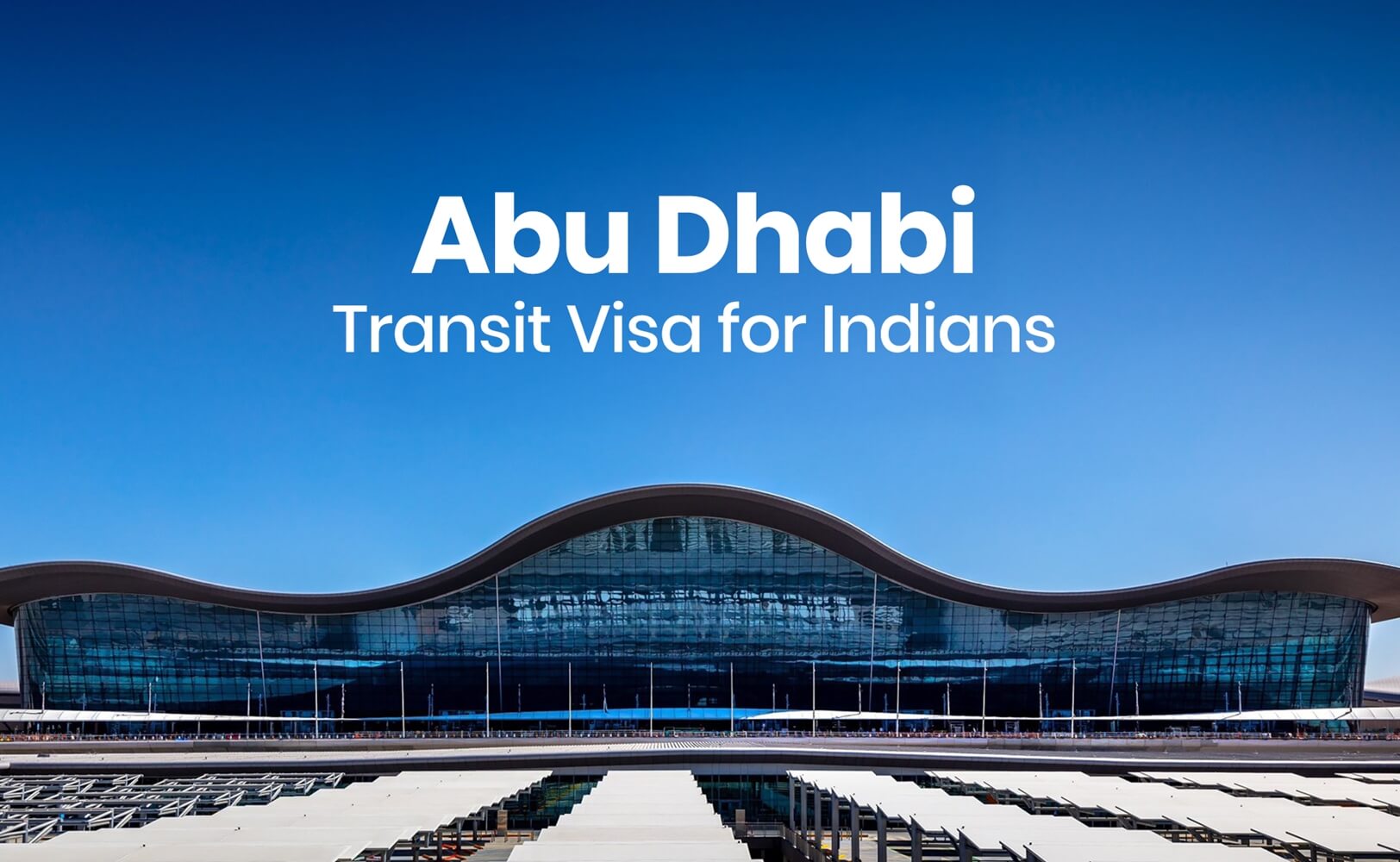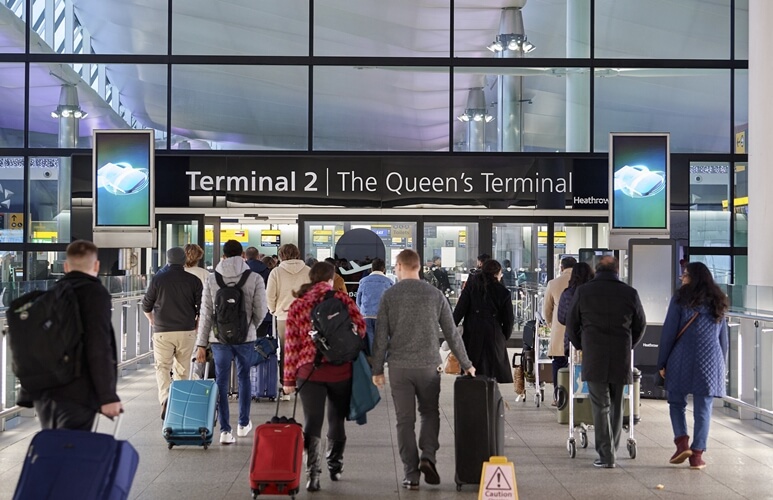Usually, Indians with a Green Card or valid US visa like H1B, don’t need a transit visa for Abu Dhabi. Even if your US visa has expired, you can book Etihad flight tickets from USA to India and spend a reasonable layover at Abu Dhabi without requiring any UAE visa. This is a great convenience of flying through the Middle East vs Europe. However, an Abu Dhabi transit visa may help you out during unprecedented events like a long transit layover.
When the Middle East conflict was escalating in and after mid-June, multi-country airspace closure caused international departure delays and connecting flight cancellations. Thousands of transit passengers, including Indians from the US and other countries, got stuck at Abu Dhabi, Dubai, and Doha airports for unusually long hours. The situation became worse especially on 23 June. Etihad Airways could provide accommodation at its partner hotels outside the terminal only to the passengers having a transit visa.
Among the passengers of Etihad Airways flights from Chicago to Mumbai, New York to Kochi, and Boston to Chennai, were an Indian family with two kids. Their onward flight to Abu Dhabi was actually on 18 June, but it was rescheduled on 20 June, and the layover at Zayed International Airport extended to 8 hours from the actual 3 hours.
At Chicago ORD Airport, they were informed that they would get complimentary accommodation during the long layover. But at Abu Dhabi Airport, they learned that only those having a UAE tourist visa or transit visa could exit the terminal and access the hotel. While the UAE’s entry visa on arrival can be obtained in real time for a fee of AED 100 (approx. $27) per person, an Abu Dhabi transit visa must be arranged in advance.
As they were a group of four travelers, the visa on arrival would additionally incur them a little more than $100 in total. The situation was so overwhelming that they chose to keep away from serpentine lines for the visa on arrival at Abu Dhabi Airport. They received vouchers for an economy lounge which was no way better than a waiting area. They just walked away and got into a business class lounge at their own expense.
This brings into light the importance of having a transit visa even for Abu Dhabi or Dubai in the Middle East. Precisely, having a transit visa is like “better safe than sorry”.
UAE Visa on Arrival vs Abu Dhabi Transit Visa for Indian Nationals
When a scheduled layover becomes longer than usual, Etihad Airways like other airlines provides accommodation at Zayed International Airport. However, when accommodation options get exhausted within the airport, transit passengers get access to the airline’s hotel partners outside the airport. In such unexpected events as the one explained above, only the UAE visa on arrival at Abu Dhabi Airport works for Indian nationals.
The entry visa on arrival in UAE for Indians costs AED 100 and comes with 14-day validity. But there is a catch. Only Indians holding a valid visa or residence permit of USA, Canada, the UK, Australia, Singapore, Japan, South Korea, and New Zealand are eligible for it. If you travel through Abu Dhabi or Dubai with your expired US visa or Green Card, you are not eligible for the visa on arrival.
Indians are eligible for the Abu Dhabi Transit Visa for 48 hours or 96 hours only if they go for Abu Dhabi stopover programs while flying with Etihad. Or, your US-India flight itinerary must have a layover of at least 8 hours in Abu Dhabi for a 48-hour transit visa. If the Abu Dhabi airport layover in your itinerary is shorter than 8 hours, you are not eligible for a transit visa in the UAE.
Many Indians still confuse between the transit visa and the visa on arrival for Abu Dhabi. While transit visa must be applied for in advance, the visa on arrival is instantly available at Zayed International Airport for eligible Indians. Both visas give entry to the UAE, but their eligibility criteria are different.










Indians traveling through Abu Dhabi from the USA to India can opt for a transit visa or a visa on arrival, depending on their stay duration. A transit visa allows a stopover for up to 48 hours without a need for onward travel, while the visa on arrival grants a longer stay of up to 30 days, ideal for those planning to explore. Ensure your passport is valid for at least six months and confirm eligibility with your airline before travel. Always check the latest regulations, as policies may change.